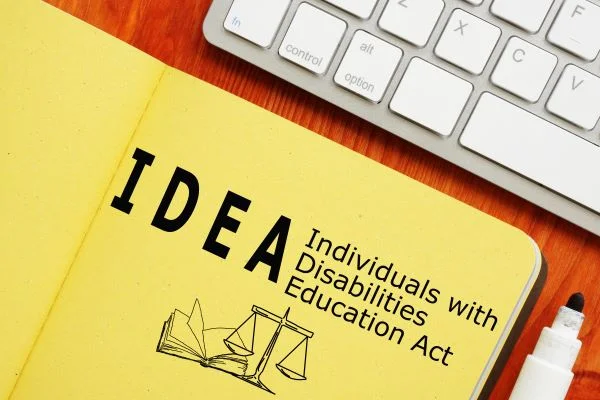For the first time in 20 years, Bolivia has elected a conservative president: Rodrigo Paz, a centrist senator, who won the election on October 20. This election marks a sharp turn from the past 20 years of socialist rule under the Movement for Socialism Party, otherwise known as MAS in South America.
Although MAS has enjoyed popular support over the past two decades for its advancement of social causes, the party has recently lost much of its popularity due to a series of controversies. According to The Guardian, plenty of criticism has been directed towards its first indigenous president, Evo Morales. For instance, in 2018, he constructed a new $34 million presidential palace to replace the old one, an action that was immediately met with outrage. Morales’ announcement in 2019 of his decision to run for a fourth term was considered to be unconstitutional and further angered the public. On the night of the election, the count declared him as the winner following an electronic blackout. In response, the country protested, and Morales was forced to resign. The public’s dissent had also been steadily rising over the country’s economic crisis, which was partially caused by fuel shortages and rising inflation.
One of Paz’s key campaign ideas involved the idea of improving relations with the US. According to AP News, the relations between the two nations have been sour ever since Morales expelled America’s ambassador from the country in 2008. Following the incident, Bolivia continued to align itself with global powers such as China and Russia. Paz’s election has evoked satisfaction in the state of Washington, and Secretary of State Marco Rubio expressed the US’s readiness to cooperate with Bolivia on issues such as immigration and combating international criminal organizations.
That being said, Paz and his team also focused on the economic crisis in their campaign. According to AP News, in a rather surprising movement, Paz’s team made promises such as pension increases and cash handouts to the poor. These cash handouts are largely seen by Paz’s government as practical, given that the government also aims to lift Bolivia’s fuel subsidies. Since Paz’s election, the Bolivian congress has already approved a $3.5 billion loan to be distributed among lower-income families in the country. Nevertheless, the economic situation that Paz is taking on is difficult to resolve. According to AP News, inflation rates rose to a staggering 23% just a few months ago, and the aforementioned fuel shortages have created desperate situations for Bolivians. Despite the promises that Paz has made, he faces the challenge of attempting to lift up a severely broken economy.
Apart from economic troubles, Paz will also inherit a politically divided nation. As stated by AP News, supporters of Paz’s rival, former President Jorge Quiroga, protested the results of the election. Many called Paz a fraud, various protests being captured across Bolivian media. The distrust and accusations of corruption in Bolivia’s electoral system is not necessarily new. According to The Guardian, back in 2019, Morales resigned following a series of protests alleging that he stole the vote using fraudulent tactics.
While the election does serve as an important political transition in the country, Paz will be forced to directly confront the deep-lying divisions that reside in Bolivia while also taking control of the failing economy if he is to guide the country onto a new path of prosperity.















































































































































